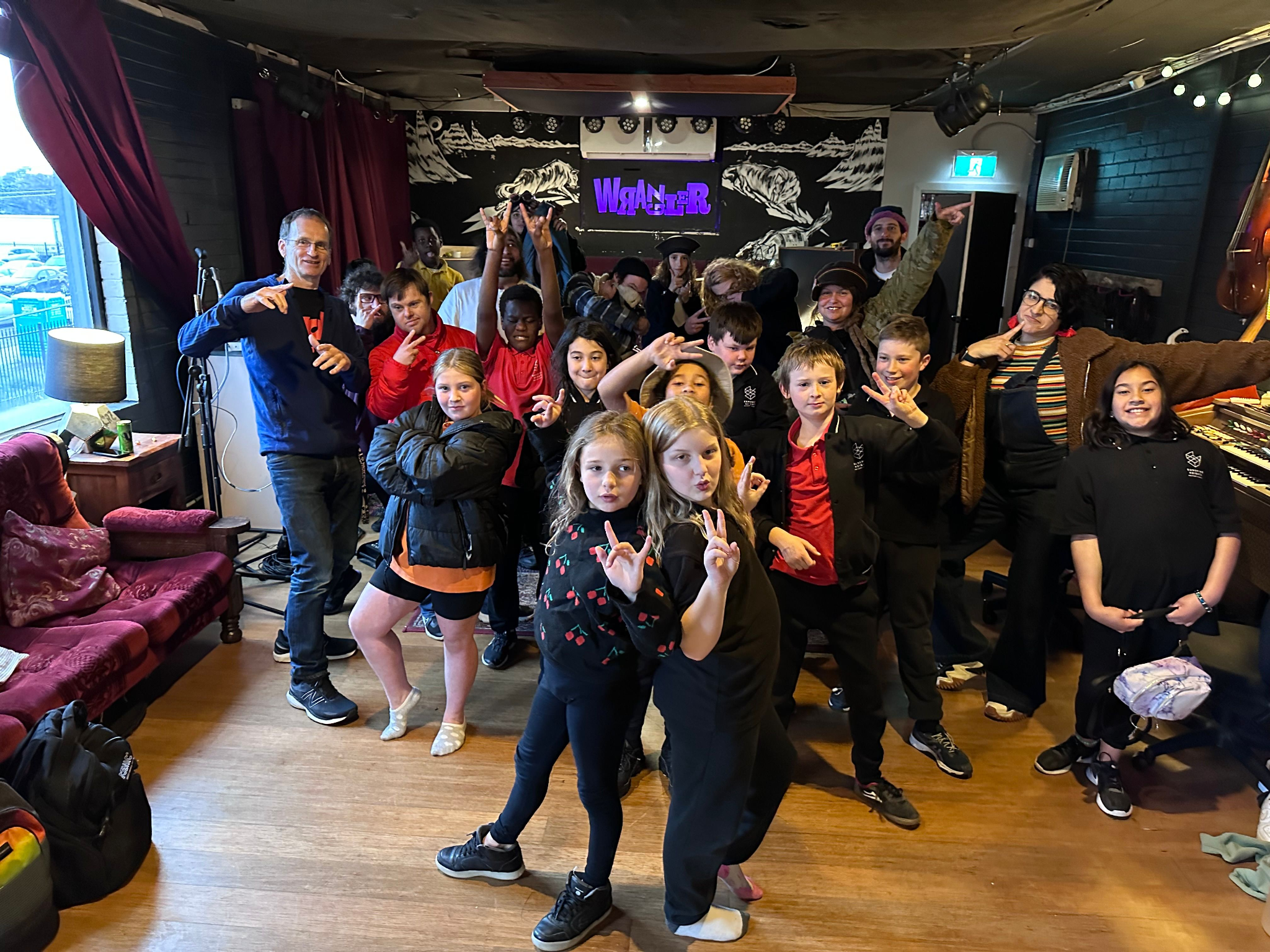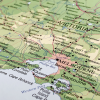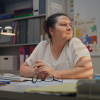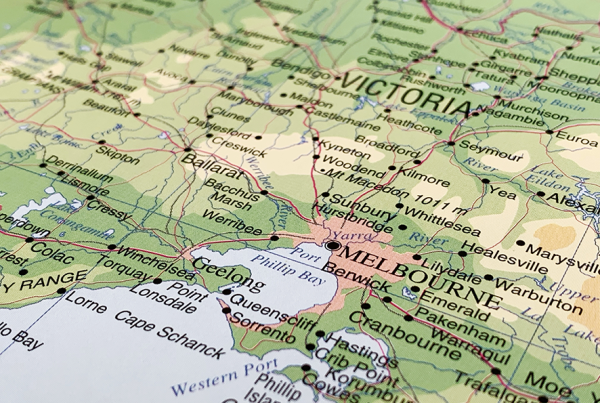The inaugural Together for Humanity (TFH) National Awards for Intercultural Excellence have been held via an online ceremony. Attending were representatives from 16 Australian schools, guest speaker Giridharan Sivaraman, Australian Human Rights Commission Race Discrimination Commissioner, and Peter Khalil MP, Special Envoy for Social Cohesion.
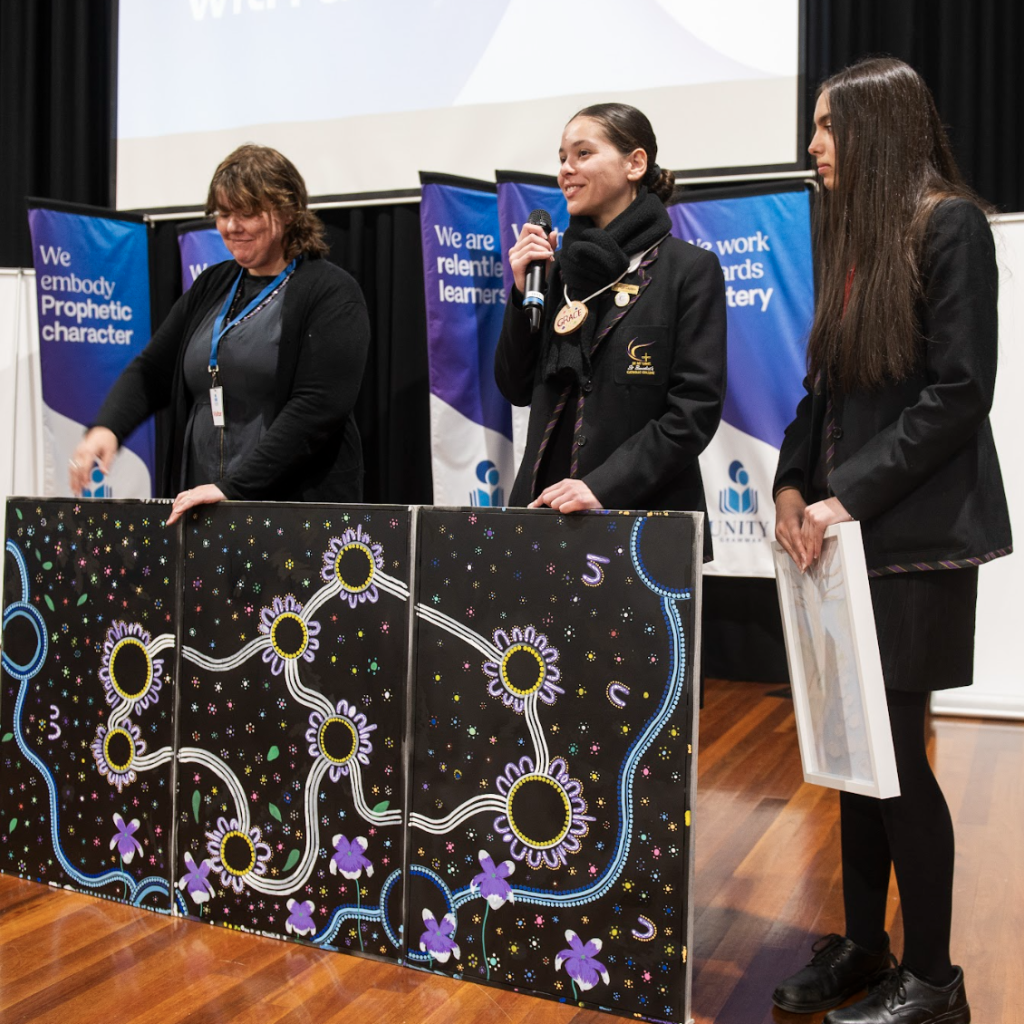
TFH’s mission is to create a more cohesive, inclusive society free of racism and prejudice, where all young people feel they belong. The awards were launched by the educational not-for-profit to recognise high school student champions, as well as teachers, teams, or schools who demonstrate leadership, passion and influence in intercultural and/or interfaith issues. Recipients were awarded across four categories.
‘Individual Teacher’ and ‘School Team’ awards recognised teachers or school teams who facilitated curriculum enhancement, interschool initiatives, community engagement and whole-school approaches. ‘Individual Student’ and ‘Student Team’ awards recognised high school students or student teams promoting, encouraging or advocating for intercultural or interfaith understanding in areas including diversity and inclusion, anti-racism, human rights and reconciliation.
Awards were presented to one individual student, four student teams, two individual teachers and nine school teams from Government, Independent and Catholic schools located in NSW, Victoria and South Australia.
“Together For Humanity congratulates all those who received awards. It’s inspiring to see students, teachers and schools championing inclusion and promoting intercultural initiatives in their communities,” said Rabbi Zalman Kastel AM, Dean and Founder of Together For Humanity. “I’m particularly proud of the young change-makers determined to bring about meaningful change in their communities.”
Kate Xavier, Awards Director and Professional Learning Lead at Together For Humanity said the essence of all the projects was honouring identity and fostering belonging and inclusion.
“In schools, there is a big focus on literacy and numeracy, but if young people don’t have a sense of belonging, their wellbeing and learning are impacted,” said Xavier.
“The Awards are an opportunity to learn about and celebrate the rich work happening at a grassroots level in school communities. We don’t often hear about projects like these, driven by passionate students and teachers who know their communities best; they’re the unsung heroes of intercultural work.”
The 2024 Together For Humanity National Awards for Intercultural Excellence recipients are:
Individual Student Award Recipients
- Esther Kalala (Year 10) from Emmanuel College, Point Cook VIC
Student Team Award Recipients
- Be You Project Team from Sunshine Heights Primary School, Sunshine West VIC
- Break it Down Project Team from Sunshine Heights Primary School, Sunshine West VIC
- Year 12 student leaders from Delany College Granville, Granville NSW
- St Benedict’s Catholic College, Oran Park NSW
Individual Teacher Award Recipients
- Eliza Cannon from Moruya Public School, Moruya NSW
- Prudence Pole from Le Fevre High School, Semaphore South SA
School Team Award Recipients
- The Internationalising Schools Program team from Yankalilla Area School, Yankalilla SA
- Oriana Constable, Sebastien Lauret, Alison Andrew and Wendy Shih from Tintern Grammar, Ringwood East, VIC
- Jacinta Wells and Cathy Cao from Loreto Normanhurst, Normanhurst NSW
- Cultural Safety Committee from Parafield Gardens High School, Parafield Gardens SA
- Pymble Ladies’ College, Pymble NSW
- Year 10 Religious Education teachers from St Aloysius’ College, Milsons Point NSW
- Erin Nagel, Christelle Lim, Stephanie Webb and Lisa Occhietti from St Anthony’s Primary School, Noble Park VIC
- The Forest High School, Frenchs Forest NSW
- Marisa Patton and Gayle Timmer from St John’s Primary School, East Frankston VIC and John Paul College, Frankston VIC
For more details on the projects, programs and initiatives of each recipient, please see here.
For over 20 years, Together For Humanity has worked directly with regional and metropolitan schools and their communities to facilitate positive and lasting change for Australia, offering programs, events and partnership grants that empower educators and young people to challenge stereotypes, and to embrace cultural and religious diversity. TFH’s programs have reached over half a million young Australians since 2002.
